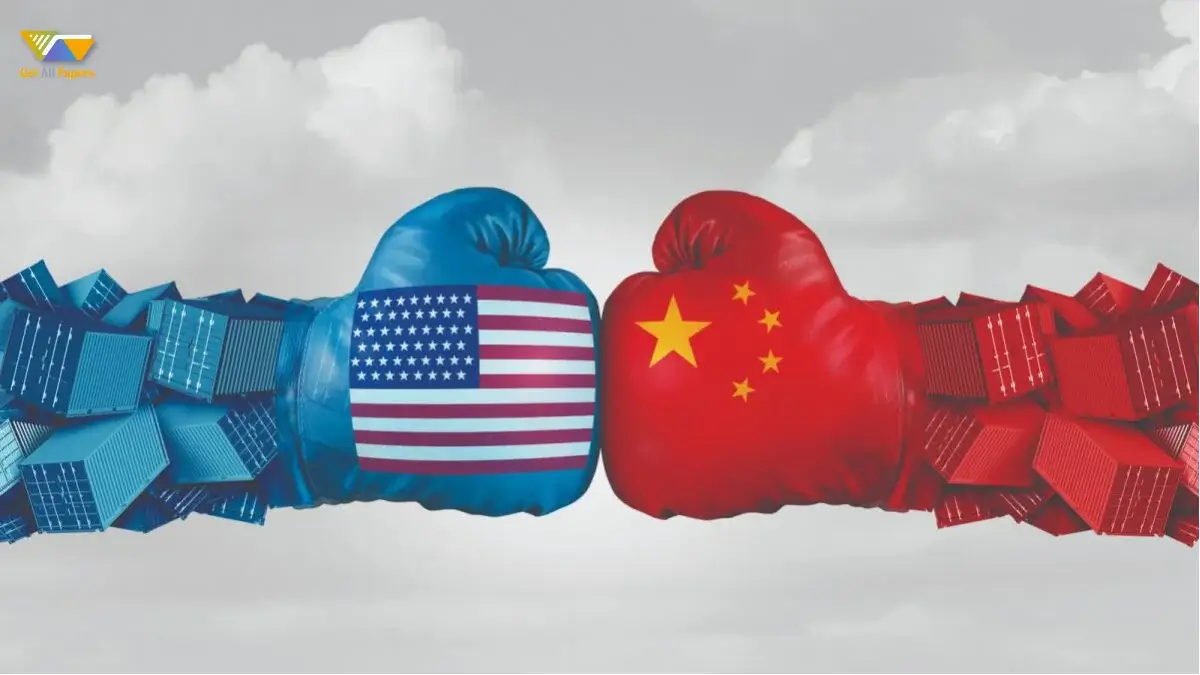
The Future of Global Superpowers: America and China
Written By: Henry L. Cranor
Published On: July 15,2023
Introduction
The rise of the United States of America as a global superpower during the 20th century reshaped the world order, establishing the country as a dominant force in politics, economics, and technology. However, the 21st century brings new challenges and contenders to the stage, most notably China, which has been rapidly ascending in various spheres. This essay explores the prospects of America retaining its superpower status or China surpassing it in the near future.
America's Current Status as a Superpower
As of the time of writing this essay, the United States remains a global superpower with unparalleled military might, economic prowess, and cultural influence. Its military expenditure surpasses that of any other nation, and its military bases are strategically scattered worldwide, giving it a significant advantage in projecting its influence across the globe. The American economy, despite facing challenges and recessions, is still the largest in the world, driven by innovation, entrepreneurship, and diverse industries. The United States has a robust and dynamic culture, with its soft power permeating various countries through entertainment, technology, and education.
Challenges Facing America
The path to maintaining superpower status for America is not without obstacles. The country faces internal challenges such as political polarization, income inequality, and infrastructural demands. Additionally, external challenges arise from the emergence of new global actors and alliances, altering the dynamics of international relations. Rising powers like China and resurging powers like Russia are positioning themselves to challenge American hegemony.
China's Rise and Growing Influence
China's meteoric rise over the past few decades has been astounding. The country has transformed itself from a predominantly agrarian society into the world's second-largest economy. Its ambitious initiatives, such as the Belt and Road Initiative (BRI) and Made in China 2025, demonstrate its willingness to shape global trade and technology. Moreover, China's emphasis on science and technology has led to significant advancements in artificial intelligence, space exploration, and renewable energy.
China's Global Engagement
China's economic prowess and growing military capabilities have enabled it to expand its influence worldwide. The BRI, a massive infrastructure project spanning Asia, Europe, and Africa, seeks to improve connectivity and trade between partner countries. Through this initiative, China has established strong economic ties with numerous nations, providing them with much-needed investments and infrastructure. Furthermore, China's proactive approach to international organizations and climate change initiatives has enhanced its global standing.
Challenges Facing China
Despite its rapid ascent, China faces several challenges that could impact its path to becoming a superpower. Its demographic shifts, environmental issues, and social inequalities present internal hurdles that require careful management. Additionally, China's assertive actions in regional disputes, such as those in the South China Sea, have led to concerns among neighboring countries and raised questions about its intentions.
The Future of Global Superpowers
The future of global superpowers is uncertain, and both America and China face significant hurdles and opportunities. America's strength lies in its long-established democratic institutions, technological advancements, and cultural soft power, while China boasts a rapidly growing economy, ambitious projects, and increasing influence on the global stage.
Conclusion
As of now, the United States remains the dominant superpower, but the global landscape is dynamic and evolving. China's rise as a formidable challenger cannot be underestimated, and the world is witnessing a rebalancing of power. The outcome of this competition will be influenced by numerous factors, including economic growth, technological advancements, political stability, and global leadership.
The future is uncertain, and it is essential for both America and China to embrace cooperation and healthy competition to address global challenges effectively. Rather than viewing it as a zero-sum game, the two nations can work together to address pressing issues such as climate change, poverty, and pandemics, benefitting not only themselves but the entire world. Ultimately, the journey toward global leadership requires responsibility, foresight, and a commitment to the well-being of all nations.
To read more about international scenarios visit "https://getallpapers.com"
Related Posts







